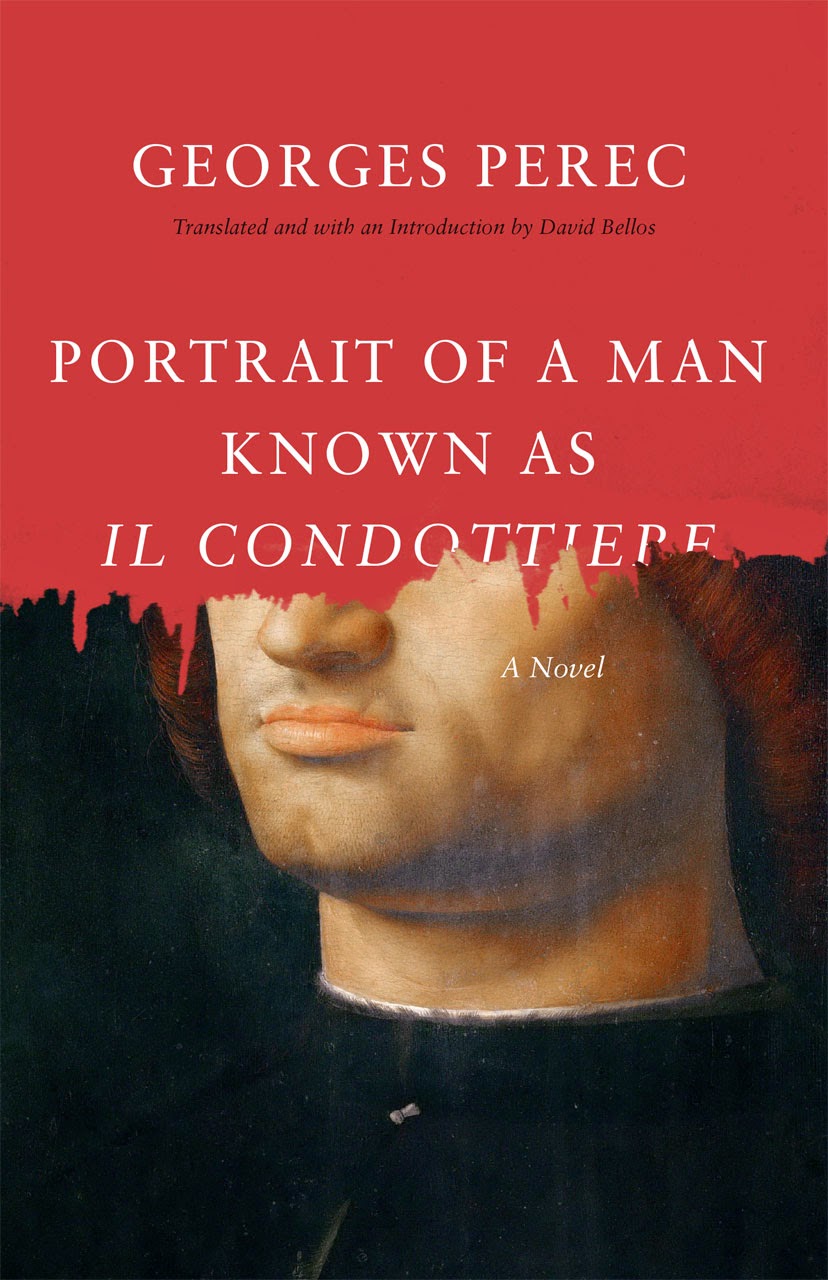As people of the book it is a fortunate coincidence that we Jewish New Yorkers not only constitute the nation's largest Jewish community but also inhabit what remains the country's center of book publishing. So now that another secular calendar year is beginning I would like to share my recommendations of Jewish fiction and poetry books published last year. This is not a "best of" list, merely a list of Jewish themed books published in 2010 that I have actually read and reviewed at my other writing gig as a book reviewer at New York Journal of Books. Here then are my recommended Jewish books of 2010 in reverse chronological order by publication date:
People of the Book: A Decade of Jewish Science Fiction and Fantasy, Edited by Rachel Swirsky and Sean Wallace, was published on December 14, 2010. In my NYJB review I wrote that this anthology "includes stories that will appeal to nearly every taste in short fiction, but the corollary is that not every story will appeal to every reader." The authors of these stories include Peter S. Beagle, Michael Chabon, Neil Gaiman, Lavie Tidhar, Tamar Yellin, and Jane Yolen.
Nadia Kalman's debut novel The Cosmopolitans was published on December 1, 2010. In my NYJB review I described this family drama about a couple of Russian-Jewish immigrant scientists living in Stamford, CT with their three young adult daughters as "smart, funny, wise, and entertaining." Nadia Kalman will read from and sign copies of The Cosmopolitans atCommunity Bookstore in Park Slope, Brooklyn on Thursday January 6, 2011.
I mentioned the recently published English language edition of Eden by Israeli author Yael Hedaya, Translated by Jessica Cohen, in my October 25, 2010 article in this space. "For its strong prose and psychologically complex characters whose lives are interwoven," I recommended the novel in my NYJB review "... to all literary fiction readers, especially those interested in marriage and psychology."
C.K. Williams' most recent book of poems, Wait, was published on April 27, 2010. As I mentioned in my NYJB review, "The book concludes with 'Jew on Bridge,' a long poem comprising thirty tercets on the theme of anti-Semitism and Williams’ own Jewishness." But even in those poems that have no specific Jewish theme Williams demonstrates a strong moral conscience that is quite Jewish.
The English language edition of Homesick by Israeli novelist Eshkol Nevo, Translated bySondra Silverston, was published on April 20, 2010. In my NYJB review I described it as "a warm, embracing novel that captures how, lacking clear boundaries, Israeli neighbors observe one another’s private lives close up" and that it reminded me of the novels of Nevo's "literary fathers, Amos Oz and A. B. Yehoshua."
Russian born Israeli writer Alex Epstein's book of very short stories or flash fiction Blue Has No South, translated from the Hebrew by Becka Mara McKay, was published on April 1, 2010. In my NYJB review I described these very short texts as "surreal, absurd, and/or paradoxical," and to my eye and ear, prose poems. My review quotes a generous sample of excerpts from the book and recommends it "to cerebral and off-center readers."
Jennifer Gilmore's novel Something Red, published on March 20, 2010, is a family drama set in Washington, DC in 1979-80. It happens to be the only book on this list that also made the New York Times Notable 100 Books of 2010 list. In my NYJB review I wrote that the novel is of particular interest to Red Diaper babies, the children and grandchildren of Americans who from the 1920s through the 1950s were Communists and other left-wing activists, and other readers who are interested in recent history and family dynamics and are willing to overlook the novel's flaws.
Prolific Israeli novelist Aharon Appelfeld's most recent novel, Blooms of Darkness, was published in Jeffrey Green’s translation from the Hebrew on March 9, 2010. Like most of Appelfeld's fiction his latest novel concerns the Shoah. The protagonist is an eleven year old Jewish boy who hidden by a prostitute in the very brothel where the Nazi soldiers who are arresting and deporting all the Jews of his Eastern European city to death camps go to spend their off-duty hours. In my NYJB review "I enthusiastically recommend Blooms of Darkness to all thoughtful and sensitive readers."
Dutch Jewish novelist Marcel Moring's ambitious but uneven novel In a Dark Wood is the most literary novel I read in the past year and the one that most rewards rereading. The book was published in an English translation by Shaun Whiteside on February 16, 2010. Inmy NYJB review I described it as "a highly literary, imaginative, and experimental novel that explores large themes—including Jewish identity after the Holocaust and the search for meaning amid the emptiness and rewards of middle-class existence—in inventive ways." I recommend it guardedly only to the most sophisticated readers who have "a solid command of the western literary canon."
Most of the friends and relatives to whom I enthusiastically recommended Kenneth Wishnia's historical detective novel The Fifth Servant disliked it. I, however, enjoyed this tale of a blood libel case in Sixteenth Century Prague immensely. The book was published on January 26, 2010, and in my NYJB review I wrote, "Wishnia deftly deploys his vast research to transport us to a very different time and place," and I described The Fifth Servant as a "richly textured and immensely entertaining book."
In 2011 I plan to devote more time to reading and reviewing books and less to my examiner column. I don't plan to abandon this column entirely, but a health issue is taking up more of my time and attention, and with less free time I have to prioritize.
For more info: David Cooper
This article first appeared on the late examiner.com










 "Brooklyn 2010" by Joan Snyder
"Brooklyn 2010" by Joan Snyder
 Untitled (1962) by Lee Lozano (American, 1930-1999) The Jewish Museum
Untitled (1962) by Lee Lozano (American, 1930-1999) The Jewish Museum
 URL:
URL:  URL:
URL: 
